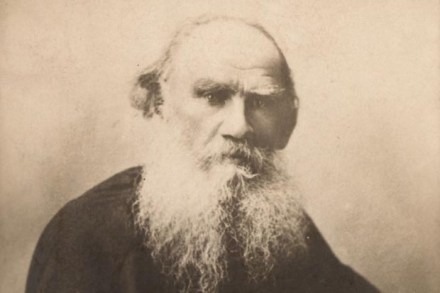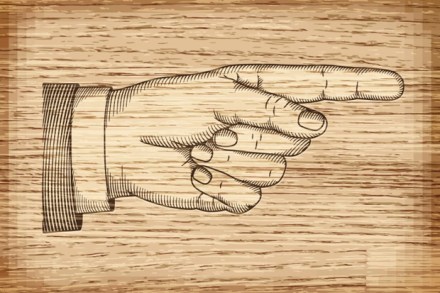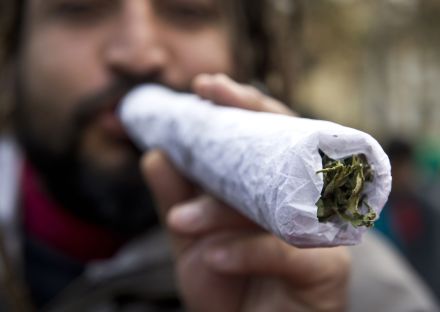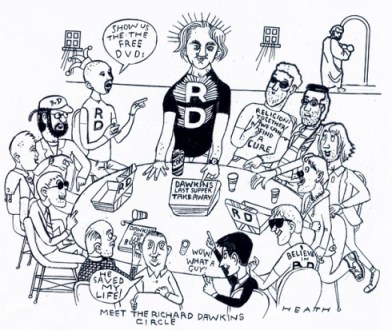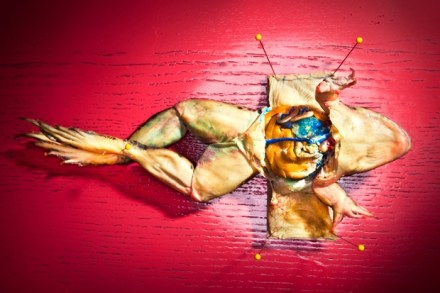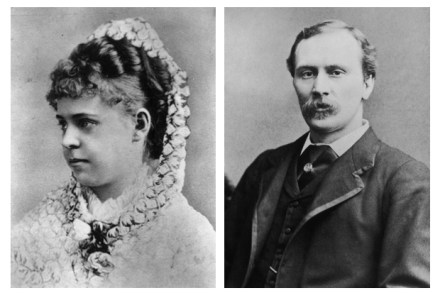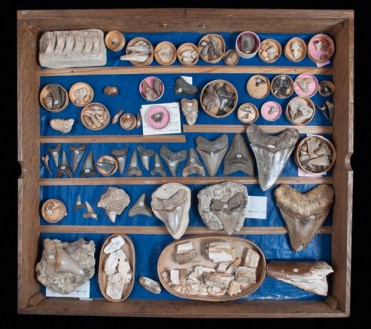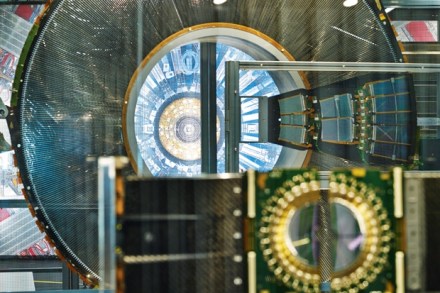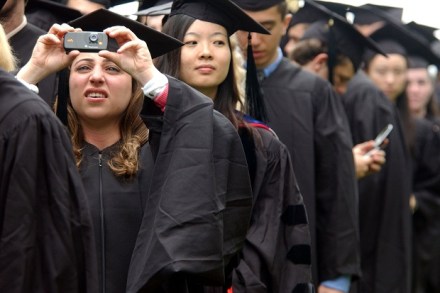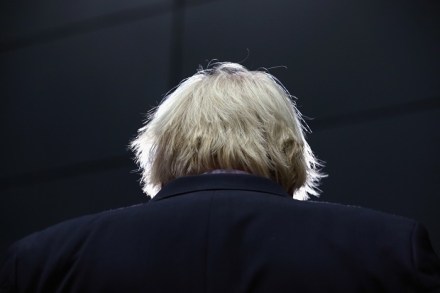As a republican, I used to look forward to Charles III. Now I’m scared
When republicans meet, we console ourselves with the thought that our apparently doomed cause will revive. The hereditary principle guarantees that eventually a dangerous fool will accede to a position he could never have attained by merit, we chortle. With Charles III, we have just the fool we need. I don’t laugh any more. Britain faces massive difficulties. It can do without an unnecessary crisis brought by a superstitious and vindictive princeling who is too vain to accept the limits of constitutional monarchy. If you want a true measure of the man, buy Edzard Ernst’s memoir A Scientist in Wonderland, which the Imprint Academic press have just released. It would



